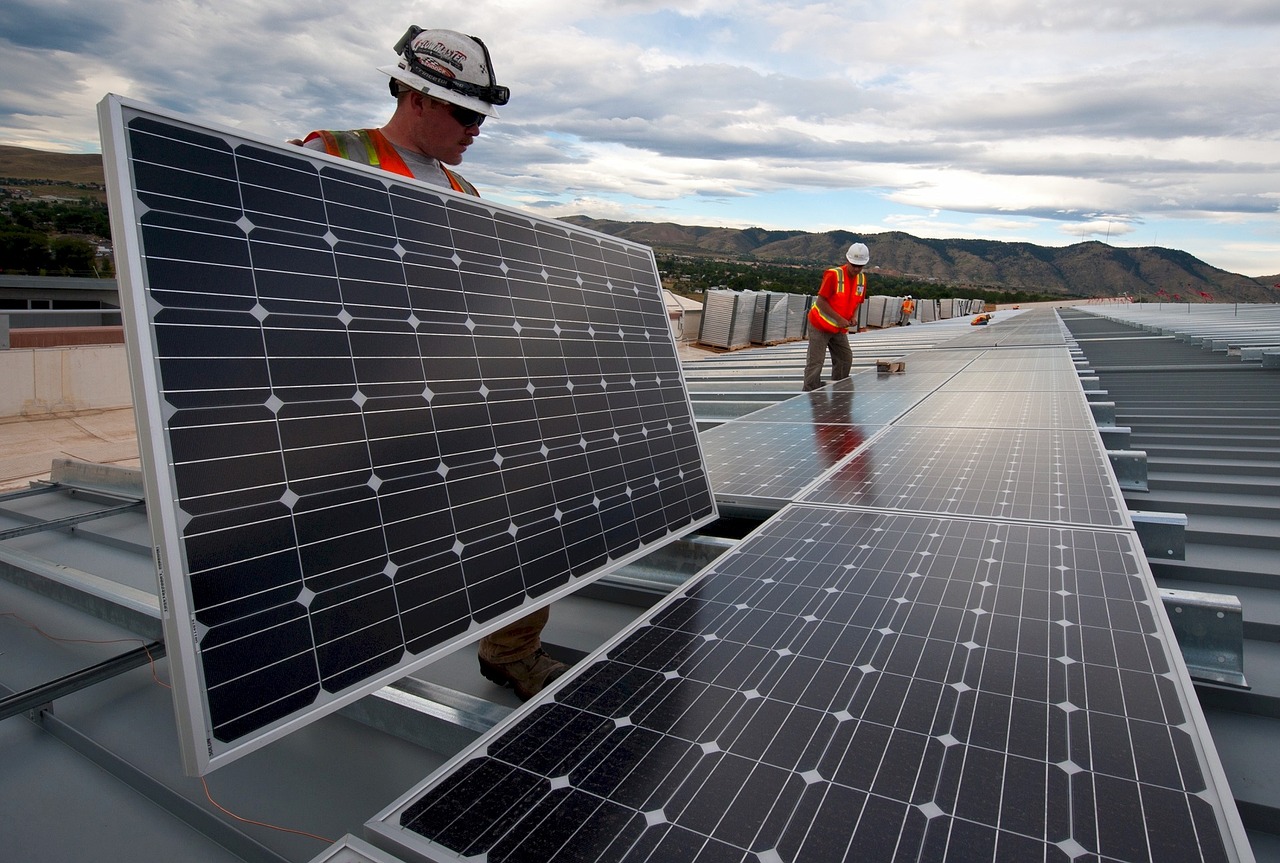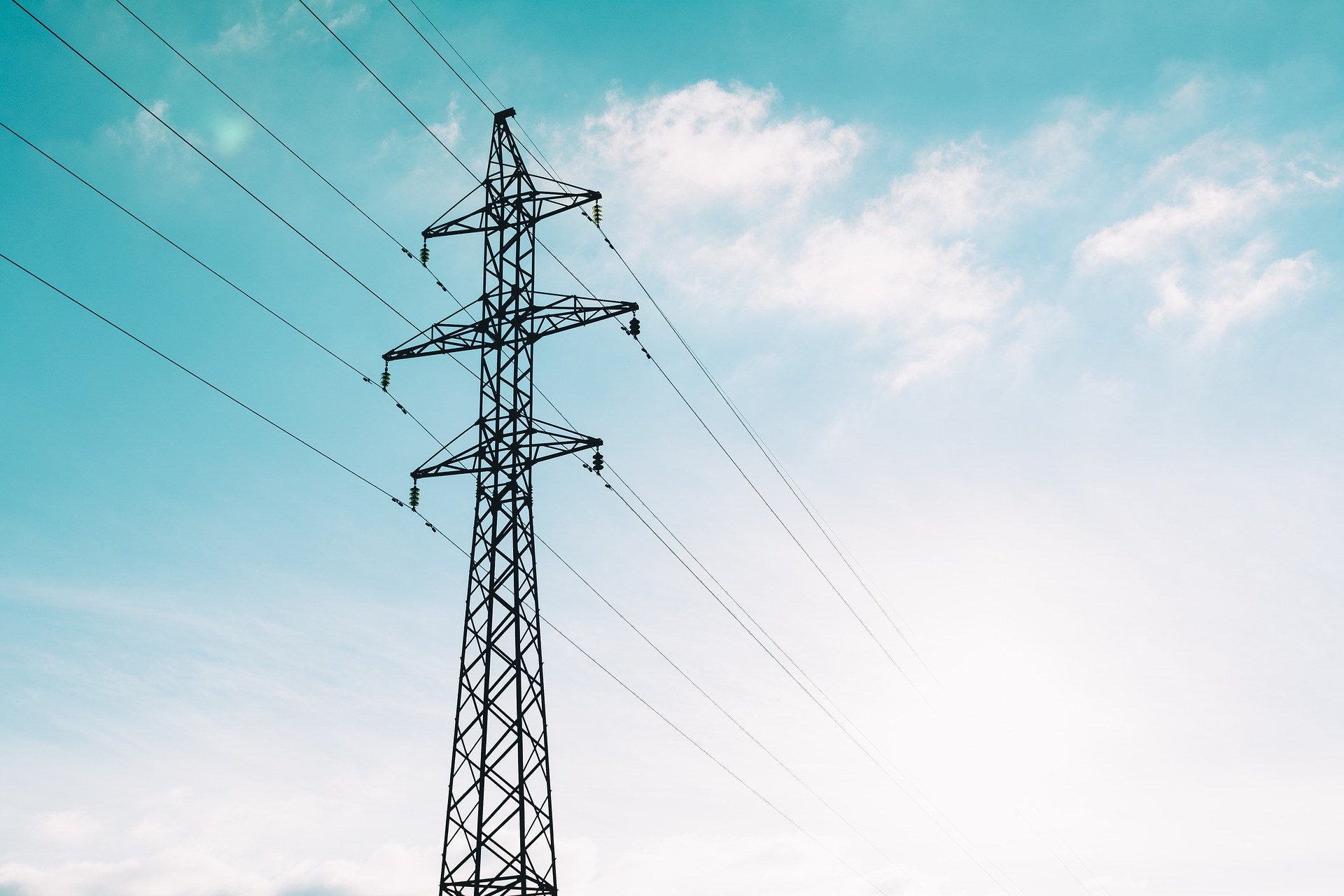With things like global warming and climate change becoming increasingly serious topics for discussion, the question of what we can do as individuals to make a difference is being asked more and more frequently. Sometimes it seems futile and the idea that one person can make a difference seems impossible. But the truth is that if lots of individuals are switched on to change then suddenly it’s not just a single person making a difference, it’s a community or a nation and at some point hopefully a world. But what can you do to make a difference and to start using natural resources more sparingly and sustainably?
Make informed choices :
Just because it is available and it’s cheap, doesn’t mean that it is good. While it might fit your pocket in the short term if it means that your choice is going to contribute to global warming or the rise of the oceans then maybe you need to think twice. Ask questions and tell suppliers what you want. Use a company like Econnex who broker energy solutions across a range of suppliers and make sure you tell them what you want. Price is important, but look to make use of suppliers who use solar and wind as a way of generating electricity, stay far away from old-school fossil fuel solutions. It is possible.
Re-use your water :
If you collect your used water you will be amazed how much you get through on a daily basis. And unless you have implemented a grey-water solution to collect the used water it all just runs into the drains and disappears. Washing machines and showers and dishwashers. Brushing your teeth. Washing the car. These all use water and lots of it. And there is no need for your water to disappear down the drain after one use, it’s not environmentally friendly and it’s expensive. Water needs to be used as often as possible and with a few simple systems implemented it can be done easily.
Solar is real :
The sun has all the energy that we need and it is free. Traditionally storing solar energy has been the biggest problem preventing larger-scale rollouts of solar solutions. But on an almost daily basis, the technology that makes solar power effective is getting better and cheaper. Panels are much cheaper than they were ten years ago and batteries and other energy storage system are getting smaller and cheaper while increasing their capacity to store energy. Solar is the way of the future and it is something that can be done on a home-by-home basis. It is even possible to contribute electricity to the national grid and be a supplier rather than a consumer.
Collect rainwater :
Much like the sun in the paragraph above, rain is another resource that comes from the sky for free. It is clean and free and if we just put in place ways to store it, we could very quickly free ourselves from the need to buy water from the government. It might cost a bit to buy some tanks at the start of the process, but if your plan is to go off-grid and be totally independent then it’s a small price to pay for independence and sustainable living.
Read More :






















